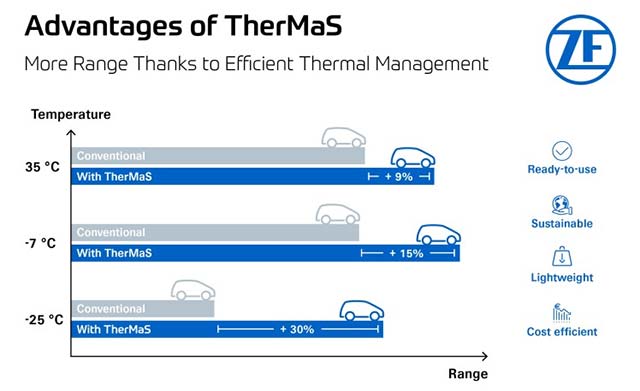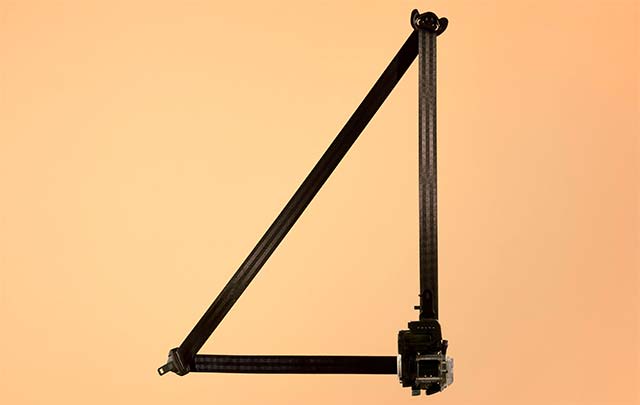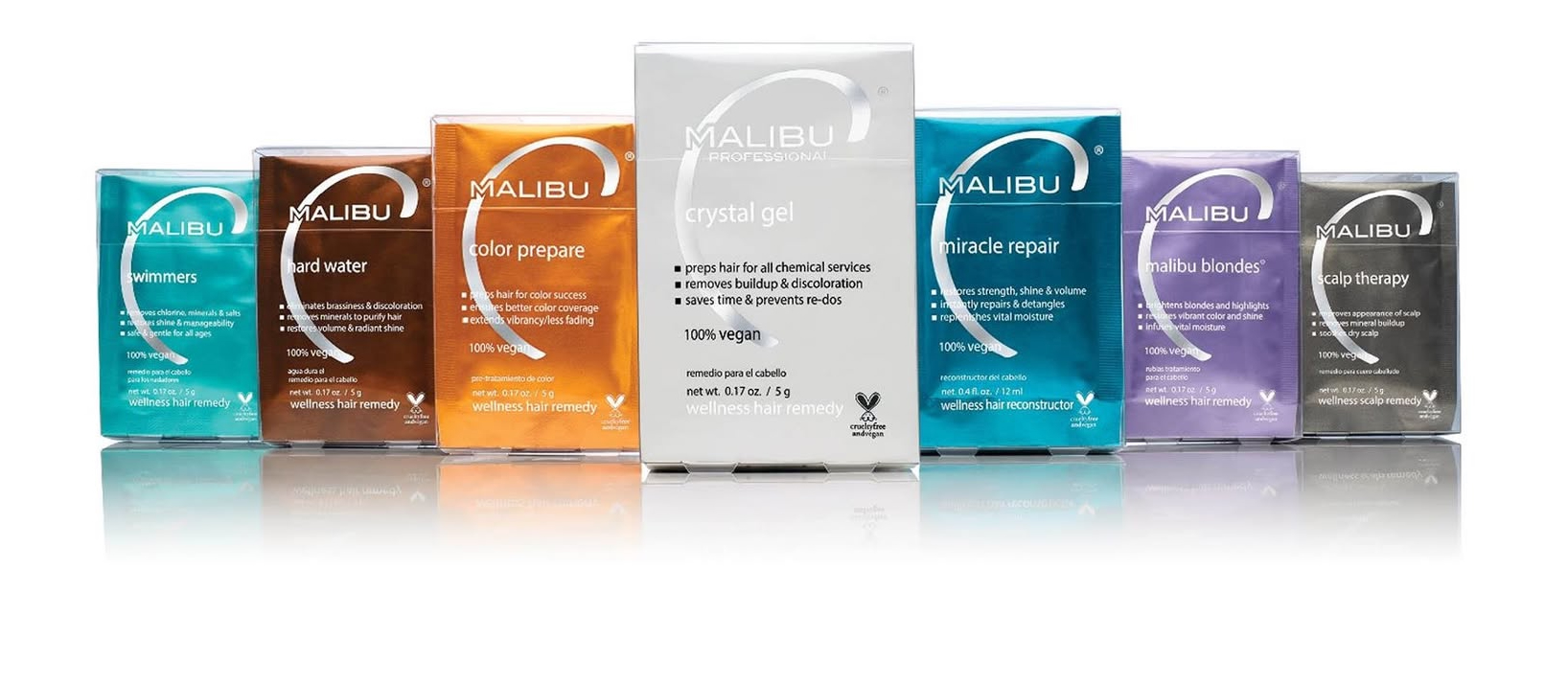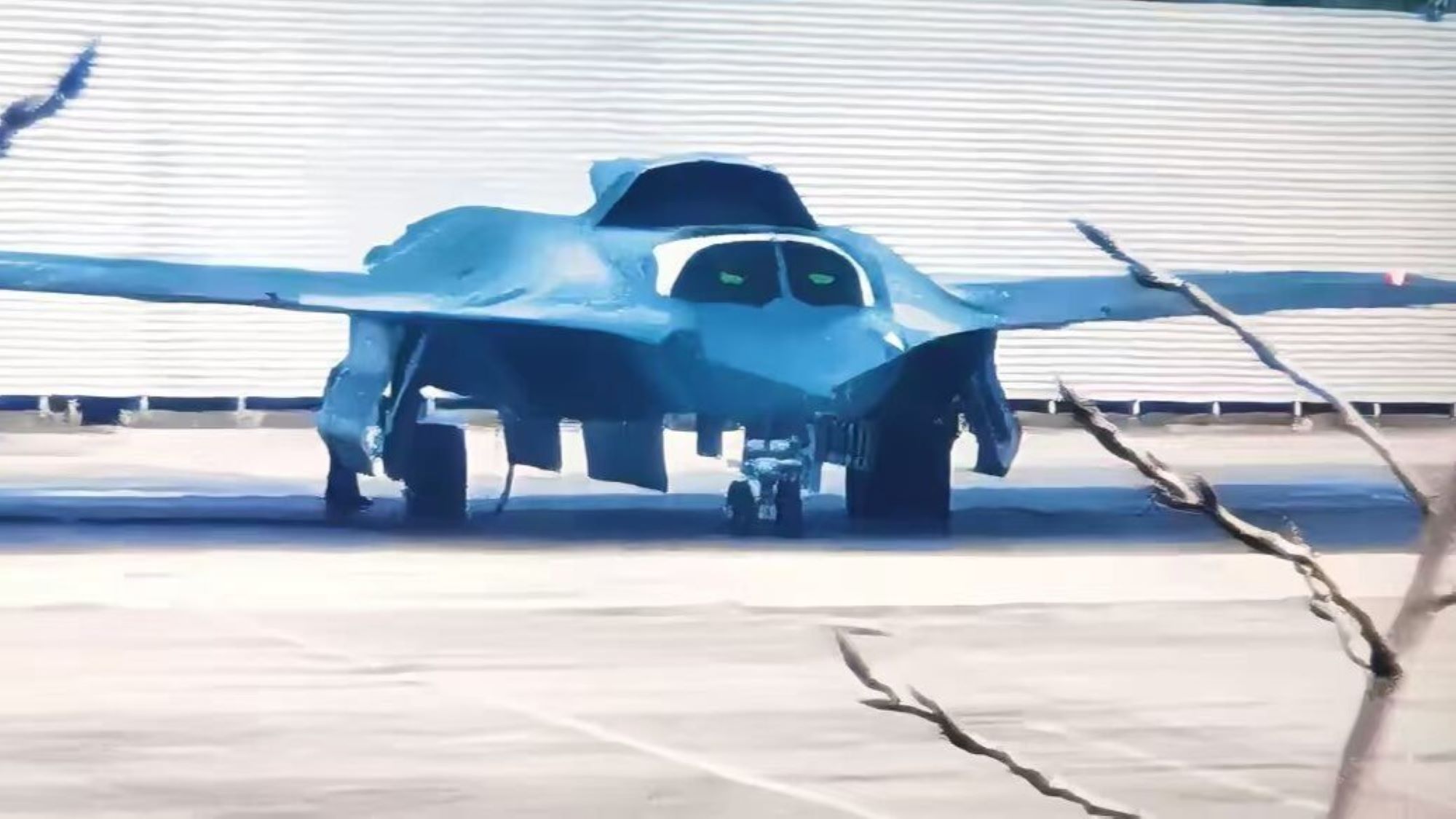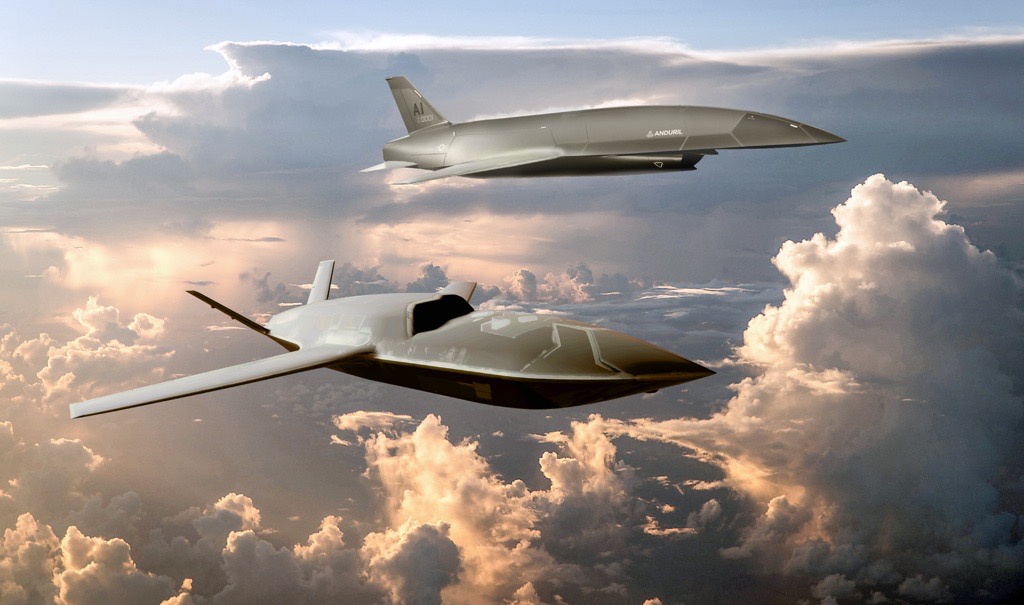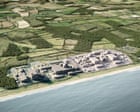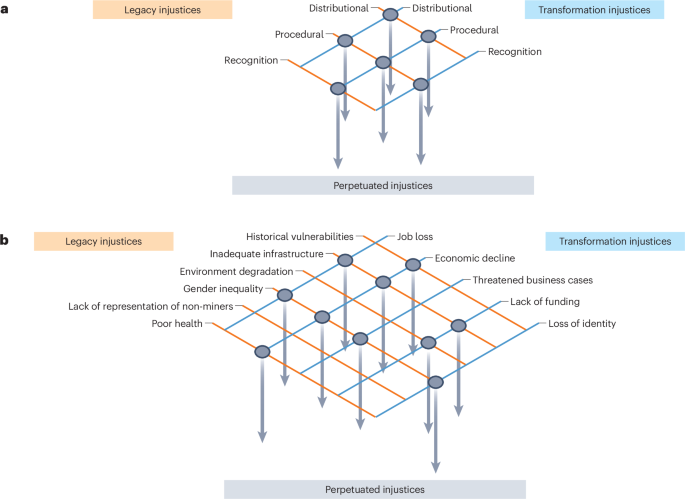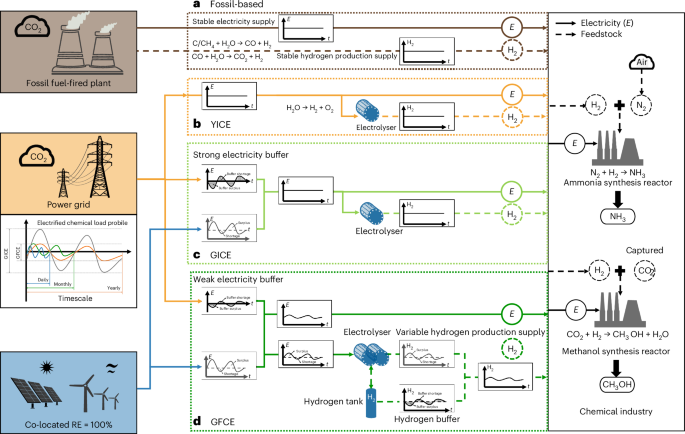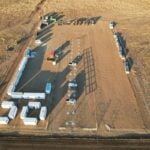Advancements in Zinc Reversibility and Utilization for Practical Aqueous Zinc‐Ion Battery Applications
Advanced Energy Materials, EarlyView.

This review systematically analyzes the fundamental challenges of Zn anodes in aqueous zinc-ion batteries under practical conditions, including dendrite growth, hydrogen evolution, corrosion, and low zinc utilization. Advanced modification strategies, such as surface modification, electrolyte engineering, 3D framework/host design, and reengineering of zinc anode with zinc powder, are summarized to bridge the gap between laboratory research and real-world energy storage applications.
Abstract
Aqueous zinc-ion batteries (AZIBs) have become critical in driving the advancement of large-scale energy storage systems due to their high specific capacity, safety, environmental friendliness, and low cost. However, the fundamental challenges associated with Zn anodes, including dendrite growth, hydrogen evolution reaction, corrosion, and low zinc utilization, significantly hinder the improvement of cyclic stability and energy density in AZIBs. In light of these challenges, considerable efforts have been devoted to exploring stable Zn anodes, while a significant gap persists between current research advancements and their practical working conditions. Therefore, this review first reveals the detailed mechanisms of dendrite formation, hydrogen evolution reaction, and corrosion, as well as the influence of the low zinc utilization on AZIB systems. In addition, recent advancements in various modification strategies for improving the stability and utilization of zinc anodes are summarized, and the corresponding working mechanisms are investigated. Finally, the key factors for advancing the development and practical application of AZIBs are clarified, with the goal of bridging the gap between their current research status and future large-scale energy storage demands.
























